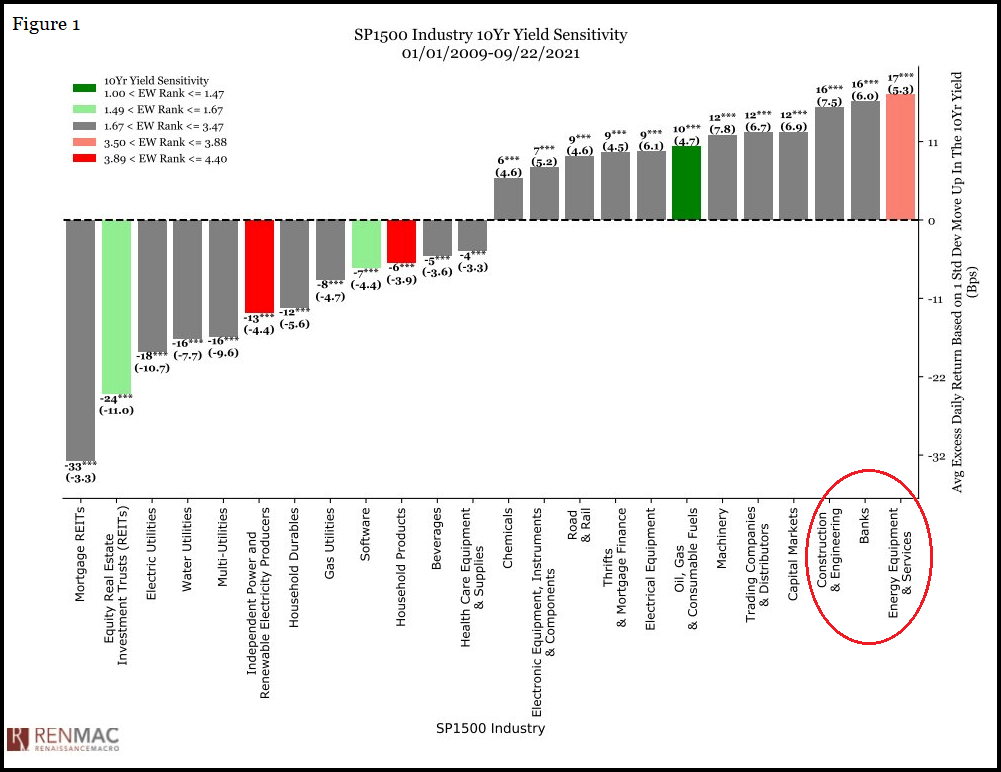Investor Commentary Q3 2021

Who knows what lies around the corner next quarter or in 2022? We are facing a cold winter where we could see more surges in Covid-19 cases and let us not forget our old friend the flu. However, we are certain of two things: eventually the pandemic will end and when this happens the economy will recover. We don’t know the timing of these two things, but if I asked you whether it would happen within the next five years most of us would agree that it will happen sooner.
If we look back just one year ago at the third quarter, we had recovered all the losses we suffered during the Covid-19 dip. Not only that; those gains took place within a relatively small timeline, teaching us that it’s important not to time the market, but to stay invested. At the same time, our investment horizon is longer than five years. Therefore, we know we will eventually succeed, and in the meantime, we should remain diversified and rebalance to turn dips into opportunities. These are the contours of how we are shepherding our clients’ wealth to build resilient, steadily growing portfolios.
Copyright 2021 Camelotta Advisors, All Rights Reserved. The commentary on this website reflects the personal opinions, viewpoints and analyses of the Camelotta Advisors employees providing such comments, and should not be regarded as a description of advisory services provided by Camelotta Advisors or performance returns of any Camelotta Advisors Investments client. The views reflected in the commentary are subject to change at any time without notice. Nothing on this website constitutes investment advice, performance data or any recommendation that any particular security, portfolio of securities, transaction or investment strategy is suitable for any specific person. Any mention of a particular security and related performance data is not a recommendation to buy or sell that security. Camelotta Advisors manages its clients’ accounts using a variety of investment techniques and strategies, which are not necessarily discussed in the commentary. Investments in securities involve the risk of loss. Past performance is no guarantee of future results.
Get in Touch
You can send us an email or schedule a phone call with your team by using the calendar provided here.
Camelotta Advisors is a Registered Investment Adviser. Advisory services are only offered to clients or prospective clients where Camelotta Advisors and its representatives are properly licensed or exempt from licensure. This website is solely for informational purposes. Past performance is no guarantee of future returns. Investing involves risk and possible loss of principal capital. No advice may be rendered by Camelotta Advisors unless a client service agreement is in place.
Enter your text here...
